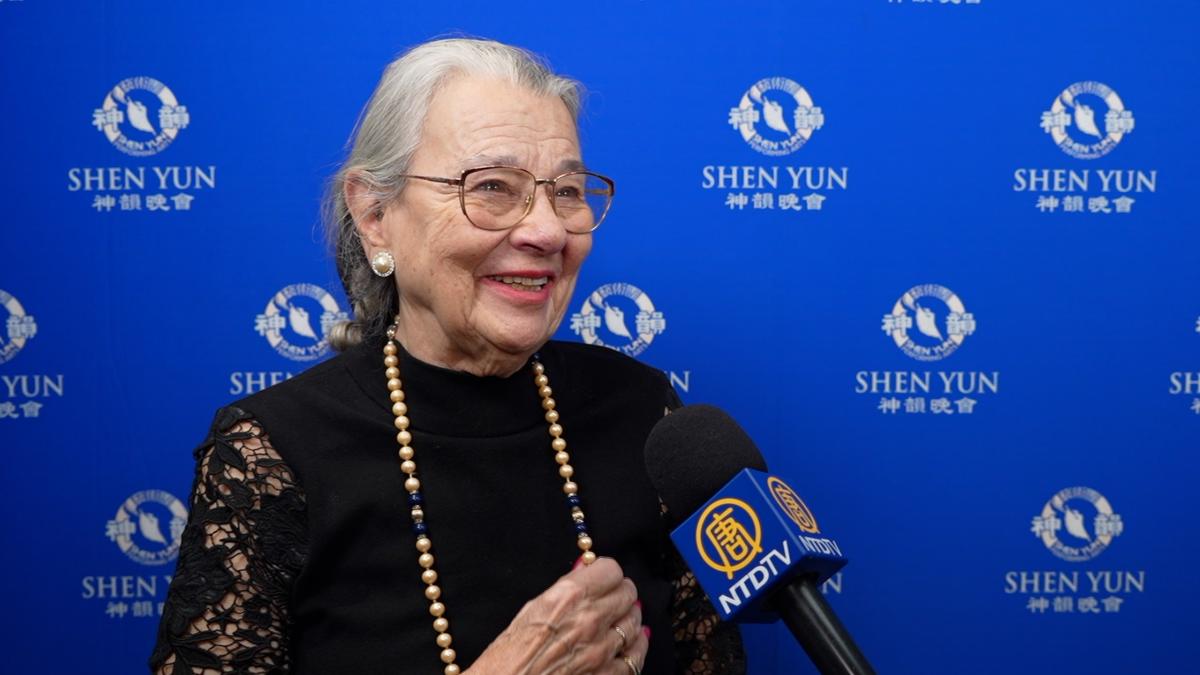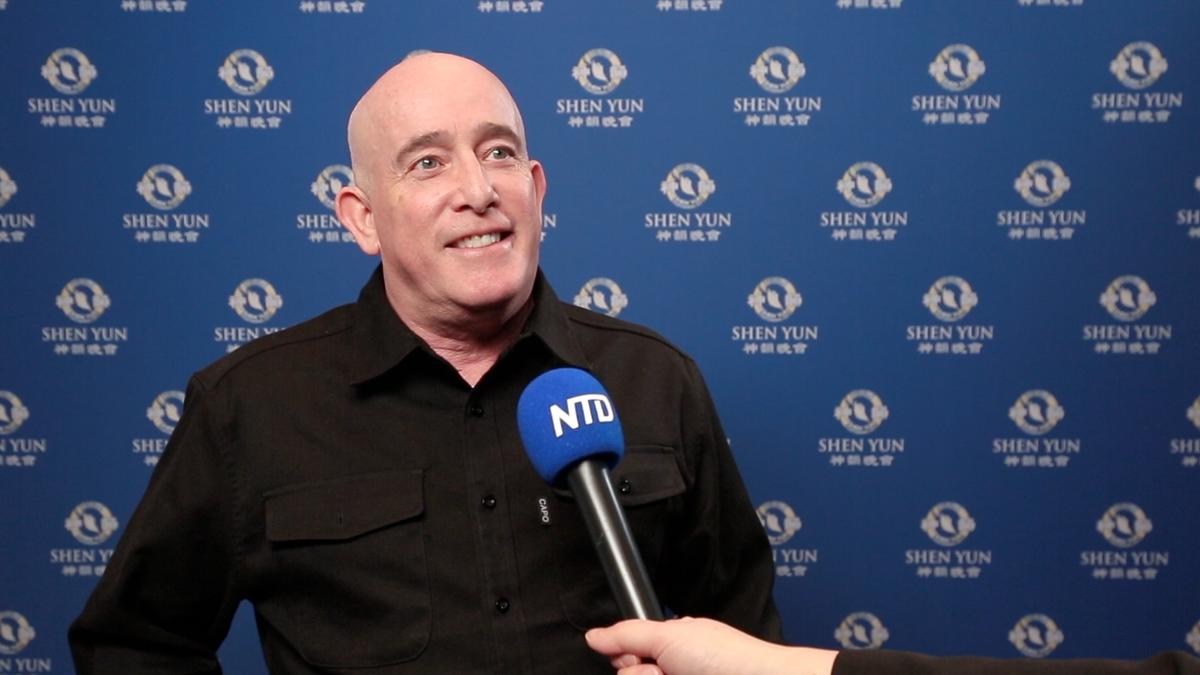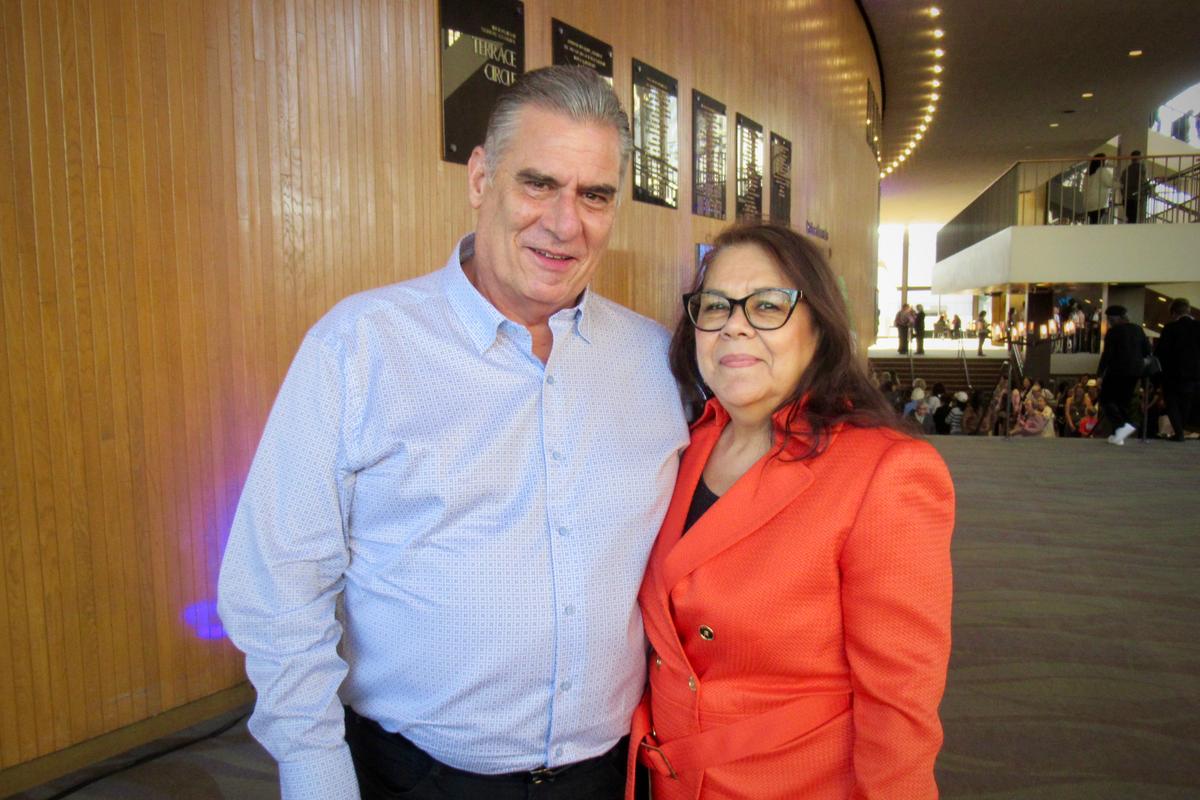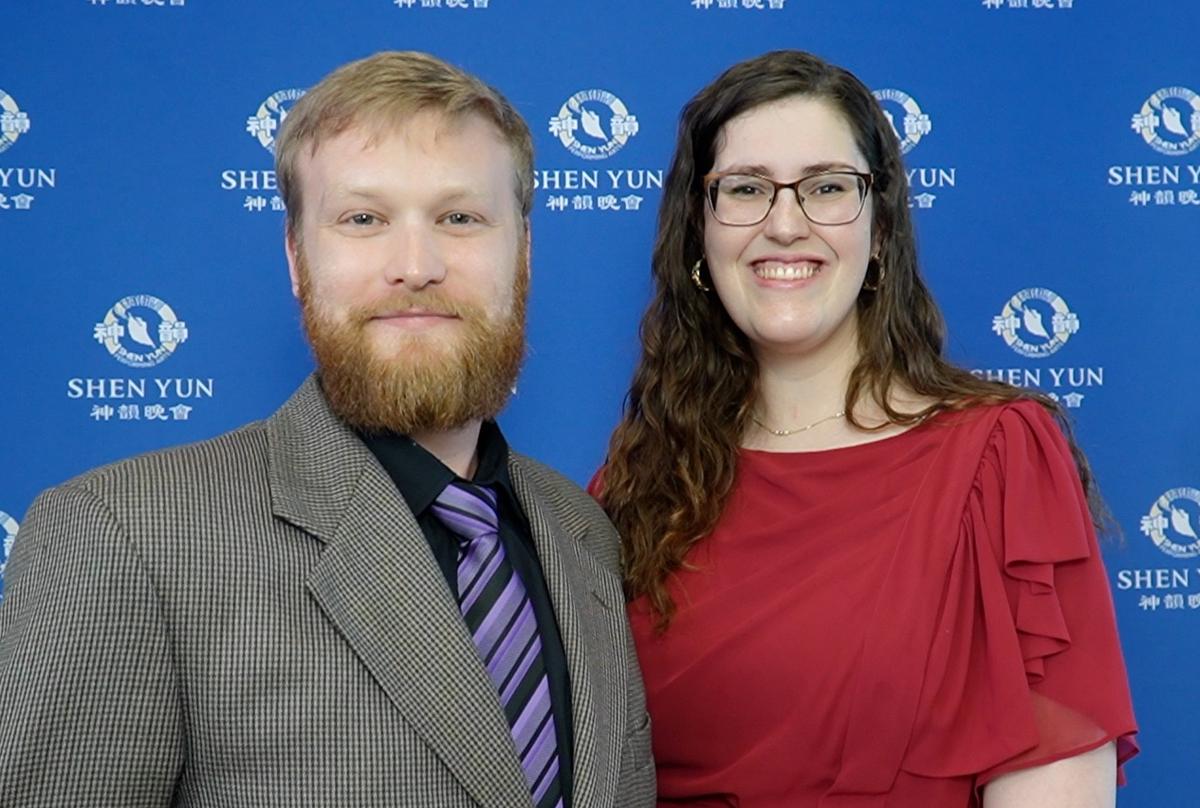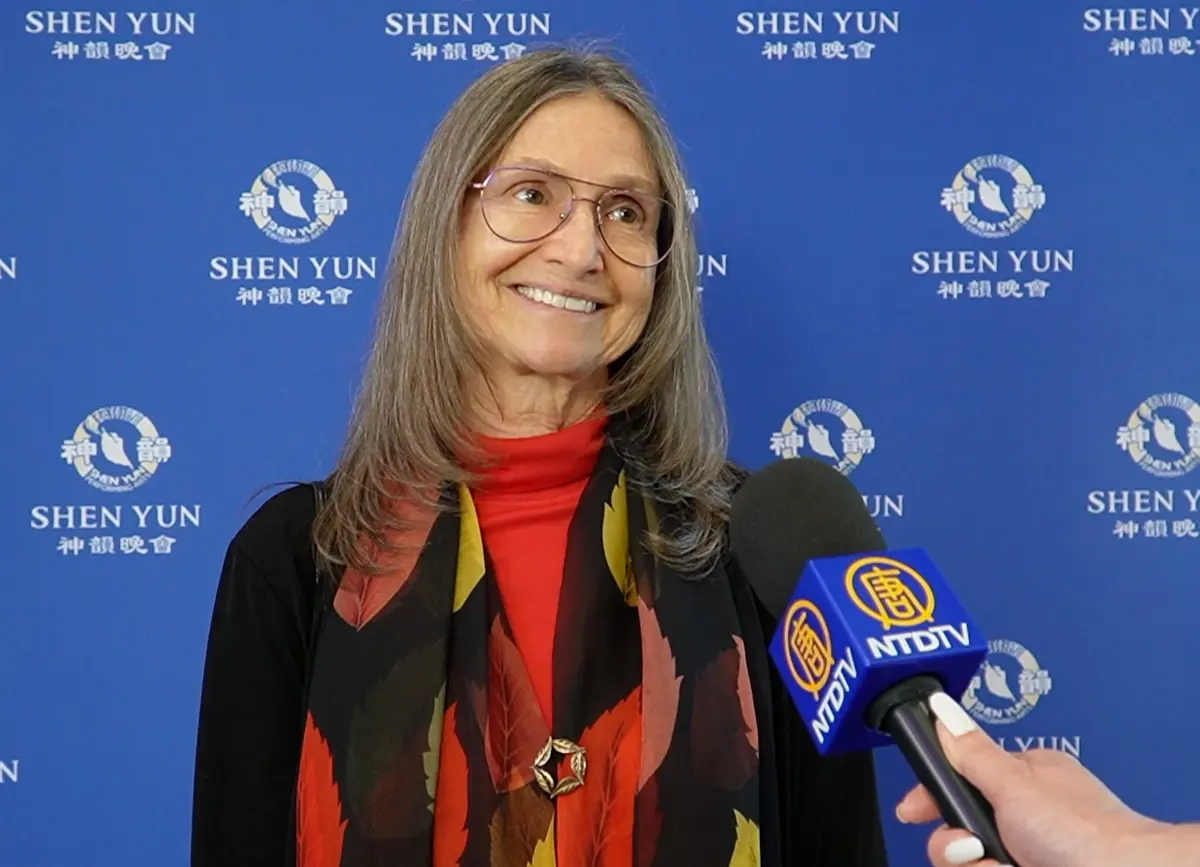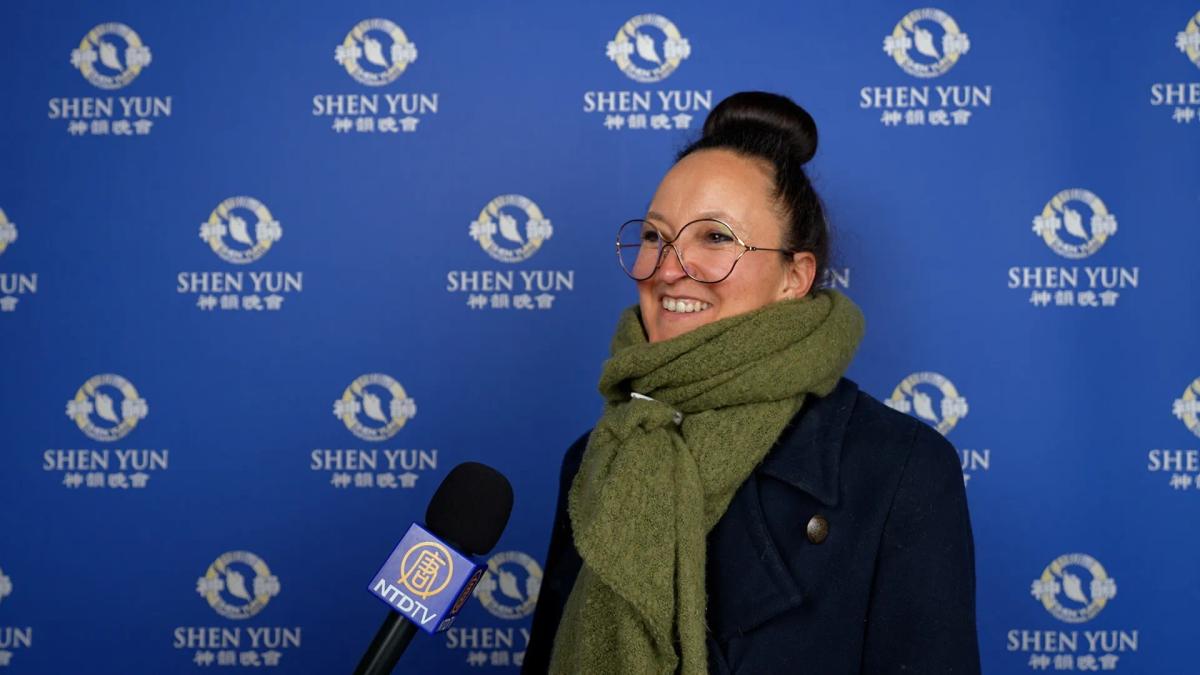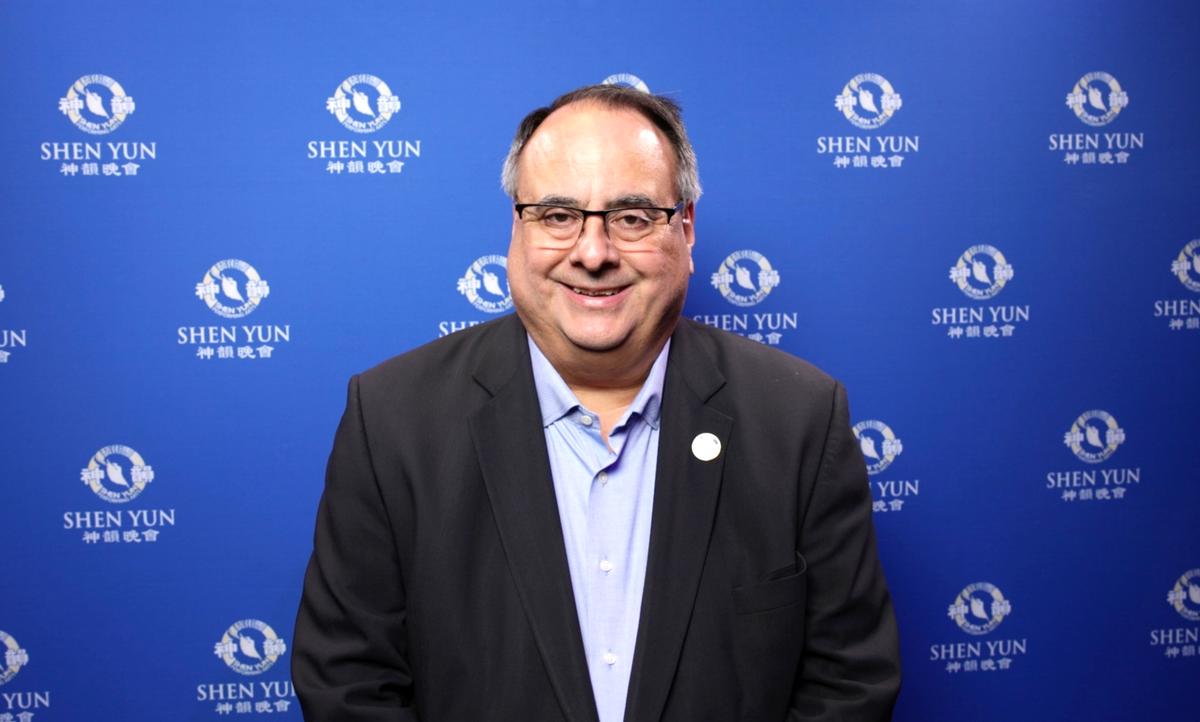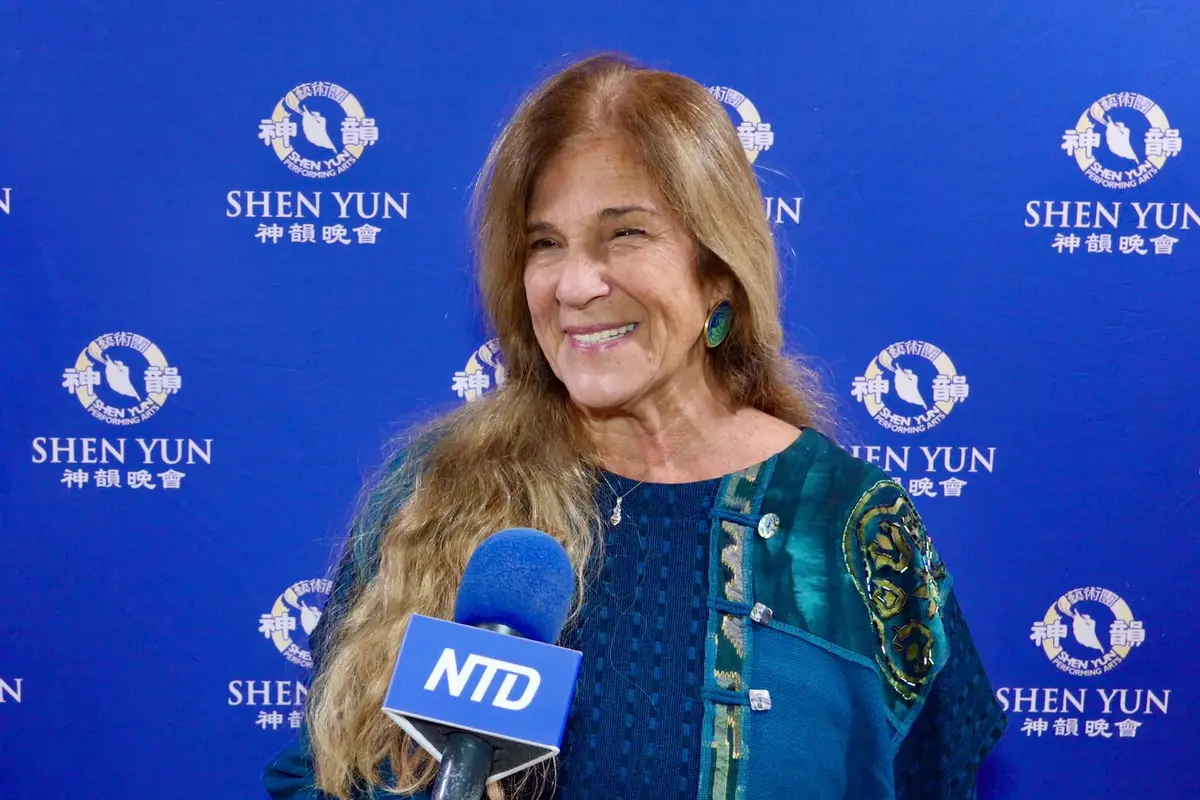“They don’t want to talk to us. They won’t let us in,” Leeshai Lemish, an emcee for the performing arts company, said.
The theater manager showed up after a few minutes, telling the dancers she was “under orders” and that the show was canceled.
“And we’re just stuck there,” Lemish said.
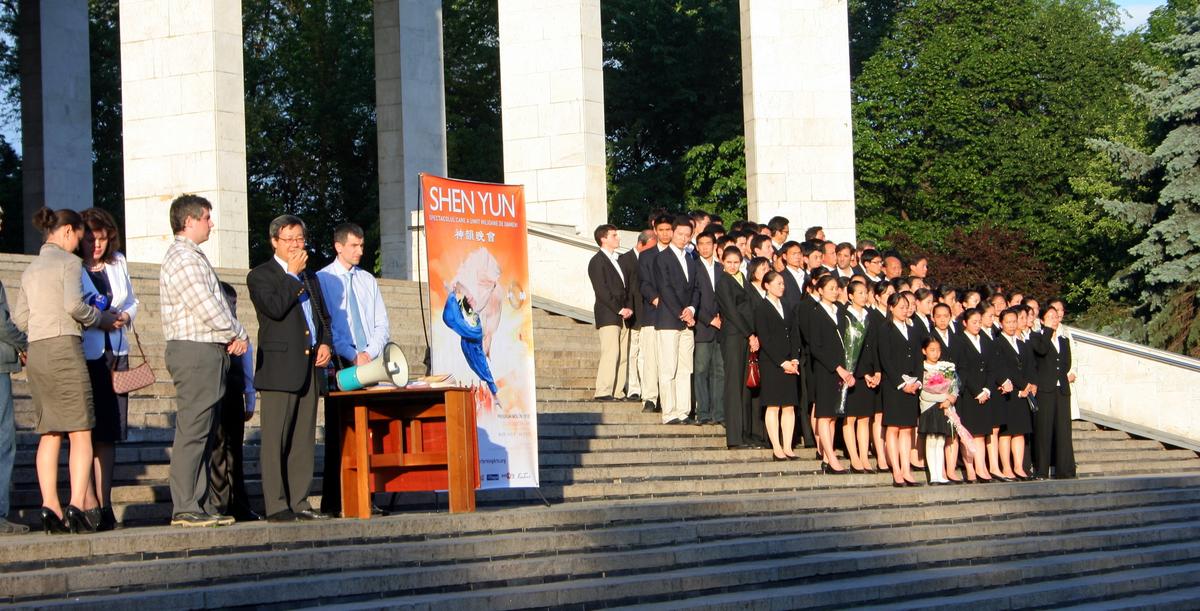
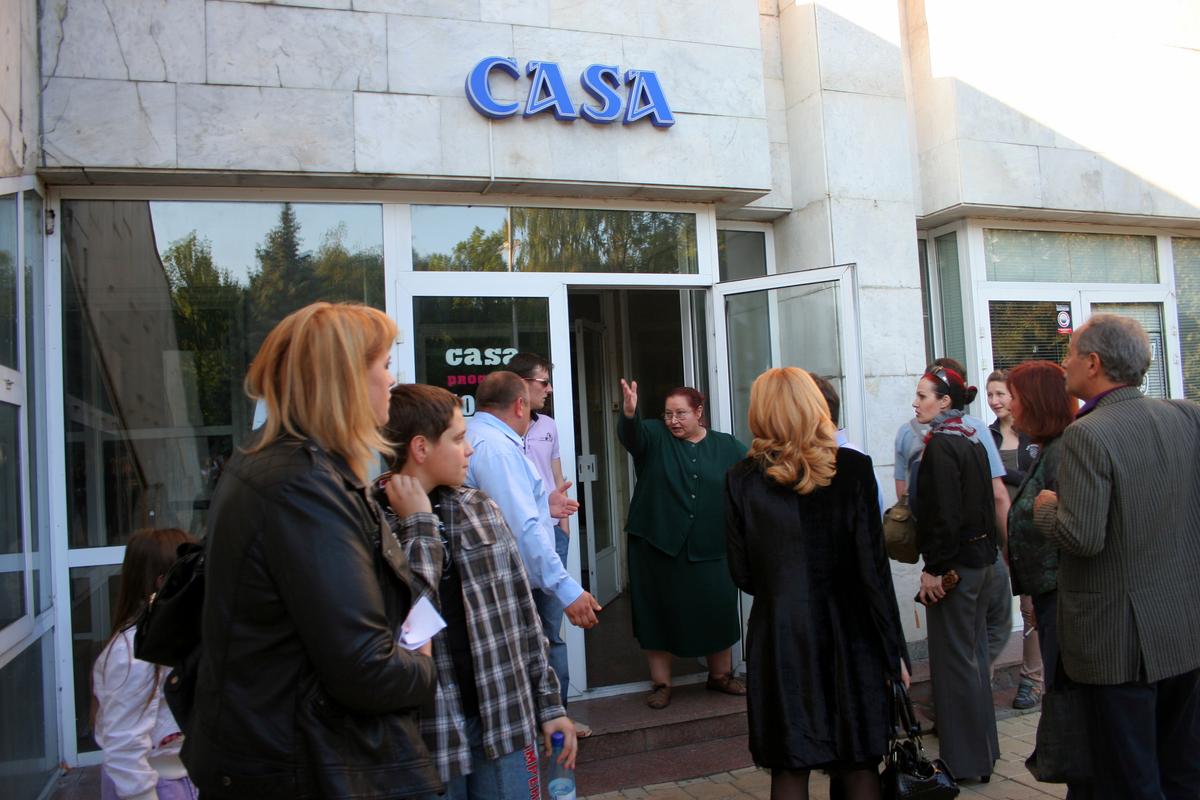
He later learned from a city hall official that both the Moldova Ministry of Culture and the director of the theater were pressured by the local Chinese embassy to cancel the show.
Both denied being contacted by the Chinese embassy.
“It’s easy to connect the dots,” he said.
The classical Chinese dance company has been touring the world for 13 years, showcasing the 5,000 years of Chinese civilization through music and dance.
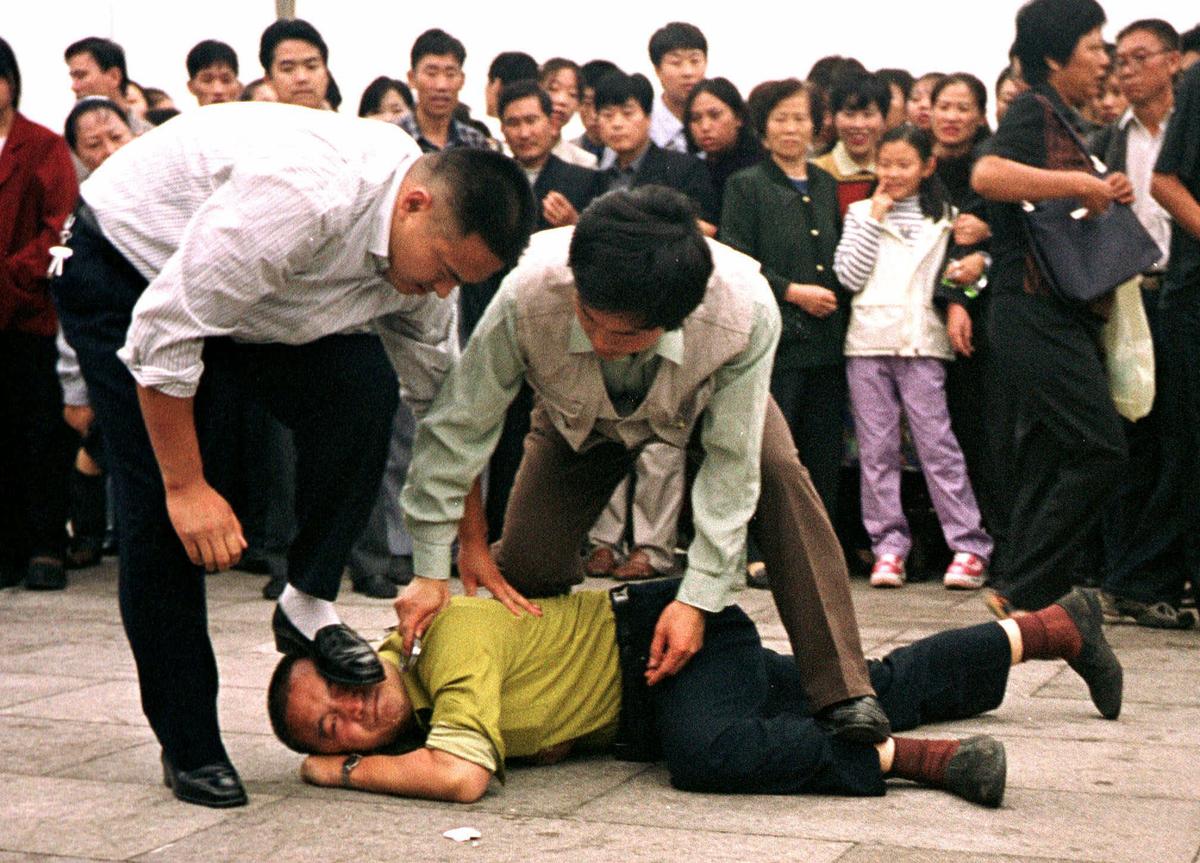
Exporting Censorship
China’s Communist regime has a history of hindering arts and publishing activities that cast the regime in a bad light, oftentimes by pressuring the hosting institution.In Denmark, the local Chinese Embassy repeatedly requested in 2013 that the Copenhagen International Film Festival remove several documentaries critical of the Chinese regime, saying that non-compliance will threaten Danish-Chinese relations.
Consulate Pressure to Cancel Shows
Shen Yun is all too familiar with such incidents. Lemish recorded 74 incidents where the Chinese regime used various ways to interfere with the performance, including sabotaging buses, sending slanderous letters to local lawmakers, and pressuring theaters to cancel shows.In Denmark, internal emails presented as evidence in the Danish parliament revealed China’s long arm of censorship there.
Shen Yun had sought to perform at the Royal Danish Theater for ten years, only to be rejected repeatedly, citing the company’s artistic level doesn’t meet the theater’s standard.
But in an email obtained by investigative journalist Thomas Foght, a theater staff told another they had met the Chinese embassy in August 2017, and the embassy “ended the meeting by asking if we had a dialogue with Shen Yun, and requested that we shouldn’t allow them to rent our facilities.”
“The Chinese Embassy and the delegation was actually pressuring the theater in not letting them book the facilities,” Foght said in a parliament hearing on April 4, 2019.
In Spain, the local Chinese ambassador admitted in a recorded phone conversation, that he was personally involved in pressuring the theater.
Pushbacks
As showtime approached, elegantly dressed Moldova audience began to arrive at the theater, only to see the dance group silently standing on the front steps in black suits.Lemish said some audience members took a 30-hour train from Moscow to see the performance. After the audience members learned there was to be no show, “They were in tears. They would take pictures with us. They went to a flower market nearby and brought us flowers.”
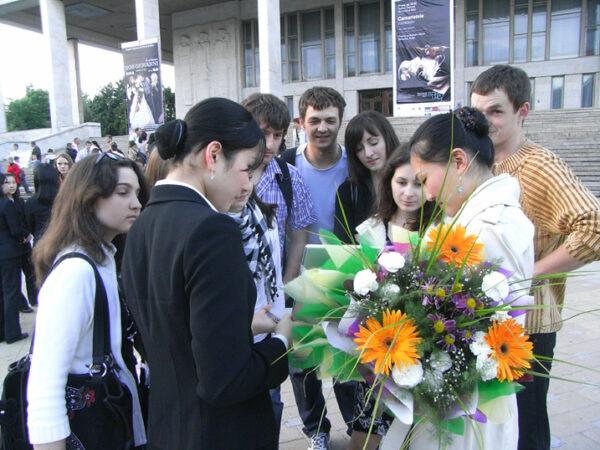
Some audience tried getting a refund for their ticket. The theater told them to go away. When pressed by the audience, the theater gave them the personal phone number of the performance hosting organizer, a victim of the breach of contract by the theater.

He said he hopes that “Europe and the rest of the world can match the courage of the Shen Yun performers, and tell the Chinese regime that they will not accept its gross and repeated violation of human rights and dignity.”
“With this example of Shen Yun, we touch a very important topic, not just for the question of the situation in China, but for us Europeans. It’s about our future,” Henri Malosse, former president of the European Economic and Social Committee, an EU consultative body, said in the conference.
“If we yield to the pressure by a foreign power, to allow performing, or not to allow it, according to their will and taste, we will all lose,” said Tunne Kelam, MEP from Estonia.
Despite the challenges, Shen Yun has grown from one touring company to seven over the last decade.
Still, even today, Moldova awaits the $1 billion loan promised by the Chinese regime.



